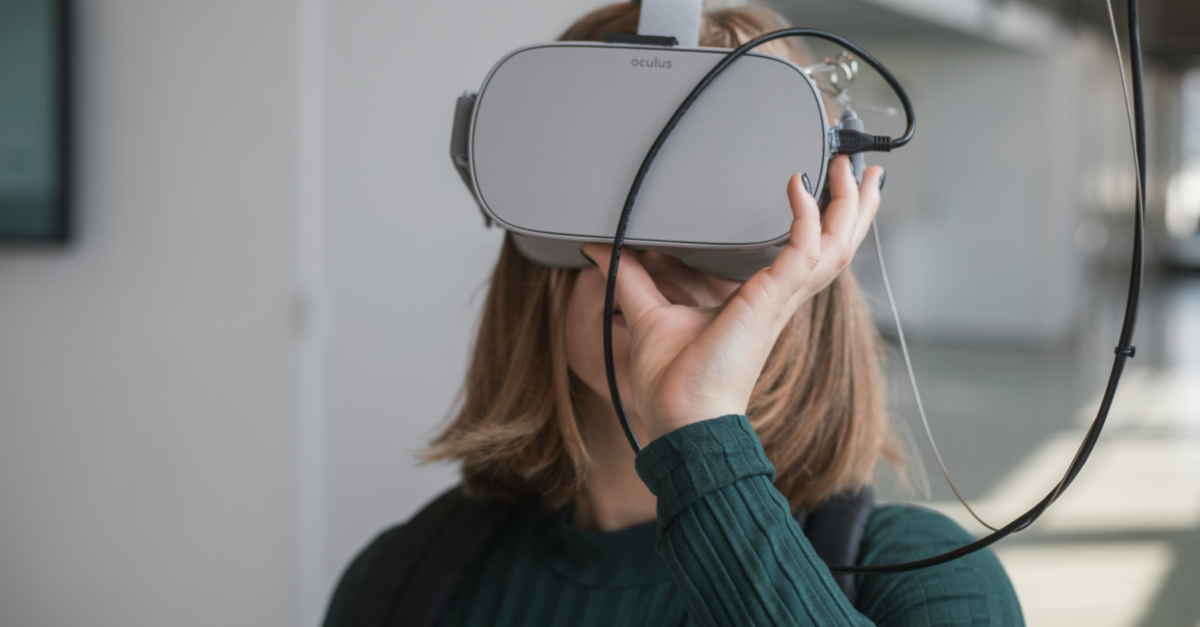In the fast-paced world of digital marketing, staying ahead of the curve is paramount. With technological advancements reshaping consumer experiences, businesses are continually seeking innovative ways to captivate audiences and drive meaningful interactions. One such transformative tool that has garnered significant attention in recent years is Augmented Reality (AR) marketing. Let’s delve into this exciting realm and explore how AR is revolutionizing consumer engagement.
Understanding Augmented Reality
Augmented Reality blends digital elements with the real world, enhancing the user’s perception of reality. Unlike Virtual Reality (VR), which immerses users in a completely virtual environment, AR overlays digital content onto the physical world through smartphones, tablets, or specialized AR glasses. This seamless integration allows users to interact with virtual objects in real-time, creating immersive and interactive experiences.
The Power of AR in Marketing
AR has emerged as a powerful tool for marketers seeking to create memorable brand experiences and drive consumer engagement. By leveraging AR technology, businesses can offer customers a unique and personalized journey, blurring the lines between the digital and physical worlds. Here are some key ways in which AR is transforming marketing:
Enhanced Product Visualisation
AR enables consumers to visualize products in their real-world environment before making a purchase. From trying on virtual clothing to placing furniture in their living room, AR empowers customers to make more informed buying decisions, leading to higher satisfaction rates and reduced returns.
Interactive Brand Experiences
AR experiences create a sense of novelty and excitement, capturing consumers’ attention in crowded digital spaces. Whether through immersive games, interactive advertisements, or location-based activations, AR campaigns enable brands to forge deeper connections with their audience and foster brand loyalty.
Engaging Storytelling
AR opens new avenues for storytelling, allowing brands to convey their message in creative and captivating ways. Whether through AR-powered storytelling apps, virtual tours, or interactive campaigns, brands can deliver immersive narratives that resonate with consumers on a visceral level, leaving a lasting impression.
Success Stories in AR Marketing
Numerous brands have embraced AR marketing with remarkable success. Examples include:
IKEA Place: IKEA’s AR app allows users to visualize how furniture would look in their home before making a purchase, enhancing the shopping experience and reducing buyer uncertainty.
Sephora Virtual Artist: Sephora’s AR feature enables customers to try on makeup virtually, providing personalized recommendations and driving online and in-store sales.
Pokémon GO: While not a traditional marketing campaign, Pokémon GO demonstrated the potential of AR to drive real-world engagement on a massive scale, attracting millions of users and generating significant buzz for the brand.
The Future of AR Marketing
As technology continues to evolve, the potential applications of AR in marketing are virtually limitless, and South Africa is poised to embrace this transformative trend. With its burgeoning tech-savvy population and a growing digital economy, South Africa presents a ripe opportunity for AR innovation in marketing.
From enhancing the online shopping experience to revolutionizing tourism campaigns, the integration of AR technology has the potential to reshape how brands engage with South African consumers. Whether through interactive retail experiences, immersive storytelling, or location-based promotions, AR holds the promise of creating memorable brand interactions that resonate with South African audiences.
As AR technology becomes more accessible and widespread, we can expect to see a proliferation of AR-driven marketing campaigns tailored to the unique preferences and cultural landscape of South Africa. From local businesses to international brands, organizations across the country will seek to harness the power of AR to connect with consumers in more meaningful and impactful ways.
In conclusion, the future of AR marketing in South Africa is bright, with endless possibilities for brands to captivate audiences, drive engagement, and unlock new avenues for creativity and innovation. As South Africa embraces this digital revolution, AR will undoubtedly play a central role in shaping the future of marketing in the country, ushering in a new era of immersive and interactive brand experiences.
